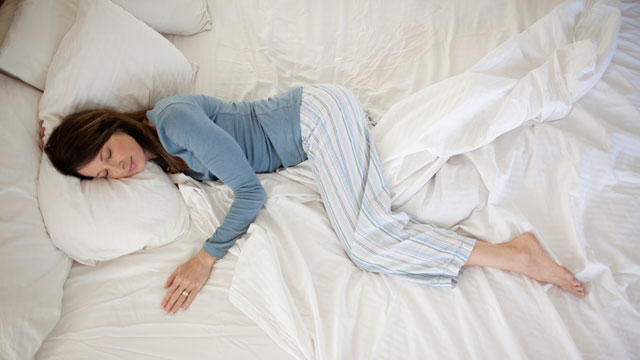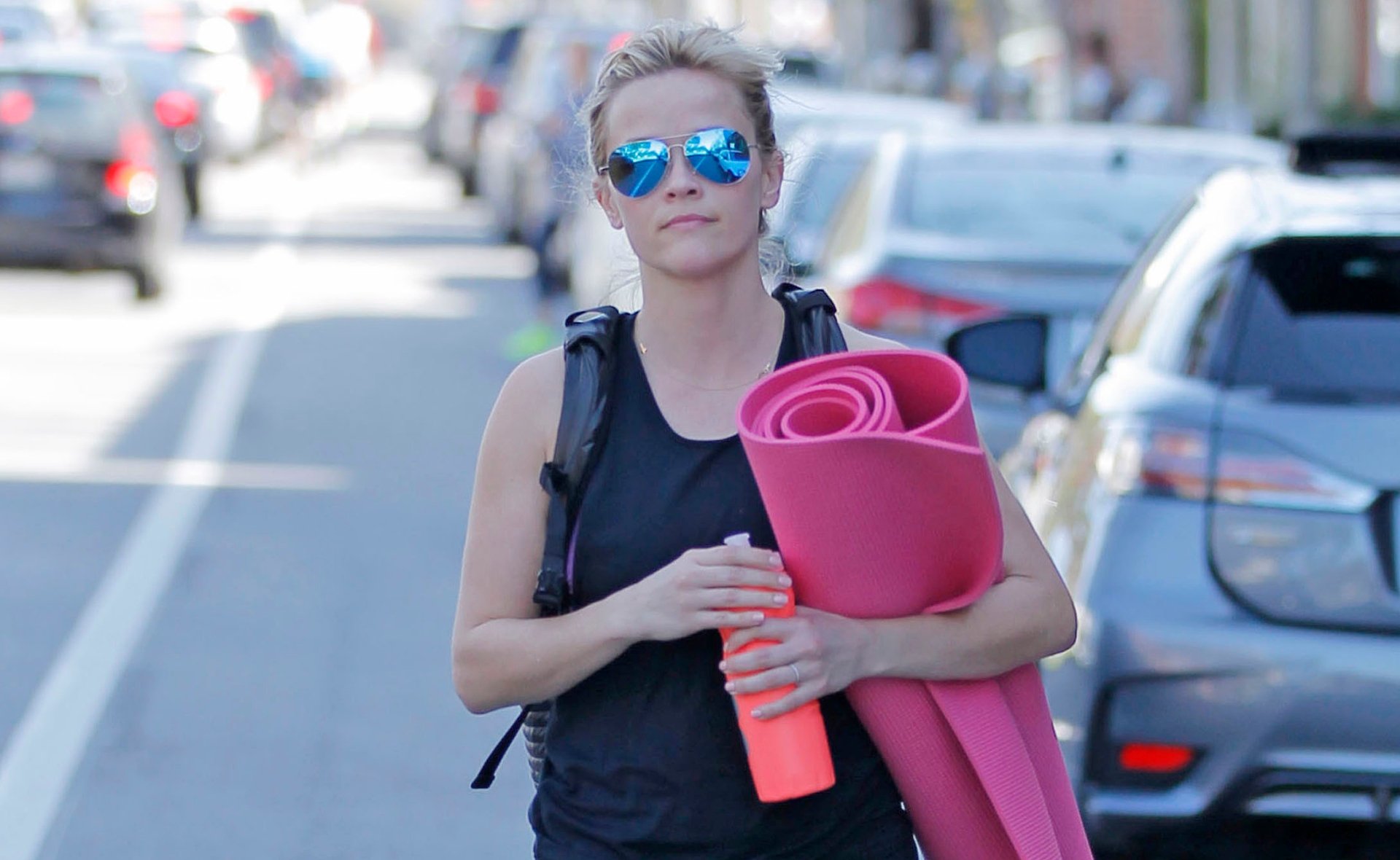New research suggests one more hour of sleep really does make a difference – particularly during daylight savings
Studies have long told us that sleep is important. And for as long as it has existed, people have lamented the start and/or end of daylight savings. Does it really throw our bodies out of whack that much? It’s only one hour!
New research suggests that yes, one hour does make a whole lot of difference especially when, as lives get busier and each day gets fuller, sleep falls further and further down the priority list.
A study at the University of Alabama found that heart attacks increase by 10 per cent on Monday and Tuesday following the change to daylight saving time, while a Swedish study found that heart attacks increase the Monday, Tuesday and Wednesday following the switch.
Research into traffic accidents throughout Canada by the University of British Columbia found a 7 per cent increase on the Monday after the clock shifts forward, which was followed by statistics outlined in the Journal of Applied Psychology that show accidents at work happen more often and are more severe after turning the clock forward by one hour.
If you were wondering whether the opposite effects took place when we turn the clock back an hour, the answer is a resounding ‘yes’. Heart attacks and car accidents decrease when we gain time to rest, studies show.
That one hour of sleep deprivation has been studied in relation to daylight savings, but what happens when you cut back on it on a daily basis? You are at risk of the exact same outcomes.
Our modern-day society sleeps way less than ever before so think before you fuel up on caffeine in place of an extra hour’s sleep because it really isn’t worth the strain on your body.




